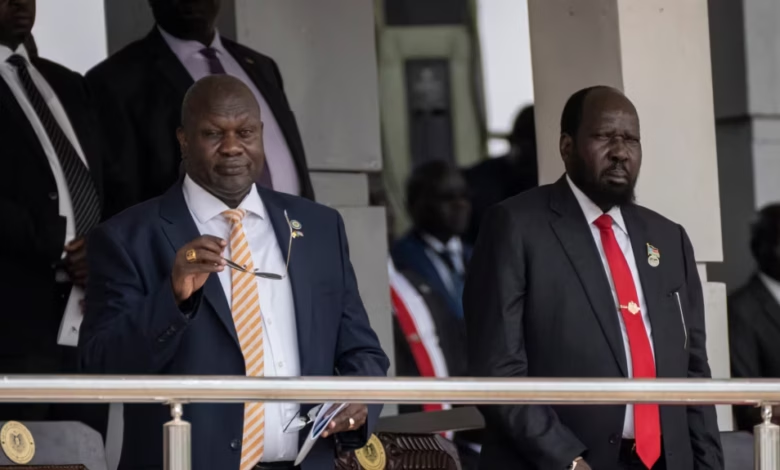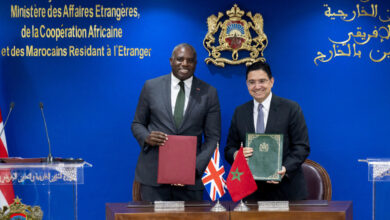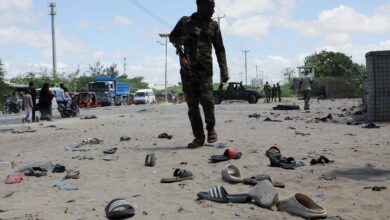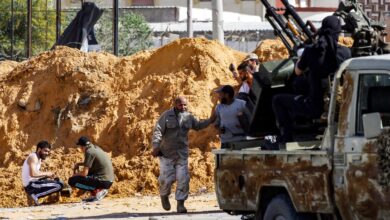South Sudan Set to Hold Elections in 2026, But Will it Be Ready?

AfriqueCAN
South Sudan is due to hold long-delayed general elections in December 2026, and some wonder if the world’s youngest nation will be ready.
The vote was set for this month but was delayed for a number of reasons, including the need for more time to complete a census, draft a permanent constitution and register political parties.
The postponement, first announced in June, extended the term of the current transitional government, headed by President Salva Kiir.
Abendengo Akok, head of South Sudan’s National Electoral Commission, told VOA that the political will must be present for the vote to be successful, using as an example the 2018 peace agreement that ended the country’s civil war.
“If we are serious, two years are enough for us to run the election,” Akok said, adding that adequate funding is necessary for a successful vote.
Nicholas Haysom, the head of the United Nations Mission in South Sudan, warned last week that mismanaged elections could reignite violence and upset South Sudan’s stability.
“We have been insisting that properly prepared elections, which have also been preceded by proper trust-building exercises, can play a significant role in taking an exercise which can be very divisive and make it a nation-building exercise,” he said.
People coming together to vote, he said, will help them recognize that “together they control the future of South Sudan.”
South Sudan gained independence from Sudan in 2011. The country was set to hold its maiden election in 2015, but civil war broke out in 2013. Kiir and rebel leader Riek Machar, Kiir’s former vice president, were locked in a power struggle, triggering fighting between forces loyal to each man.
In 2018, Kiir and Machar signed the comprehensive peace agreement, which was to culminate in elections this month. In June, however, Kiir and Machar agreed to push the election out another two years.
Wani Yusuf was 14 years old when he cast his vote in the referendum to secede from Sudan. Now he looks forward to casting his first vote as an adult and believes he will make an informed and independent decision in helping choose South Sudan’s first democratically elected government.
Yusuf, however, questioned whether the 2026 vote will materialize.
“When you look at the period that we spend postponing the election, it still tells you that that if they cannot conduct election in that time up to now, then there is also high possibility that election might not take place within those two years’ time,” he said.
Apart from budgetary constraints, the electoral commission still needs to conduct a census and draw up guidelines, which will take up to 17 months, according to the document outlining the delay in the vote.
These processes have not started because of a lack of a budget, according to Gabriel Deng, the electoral commission’s deputy chair.





